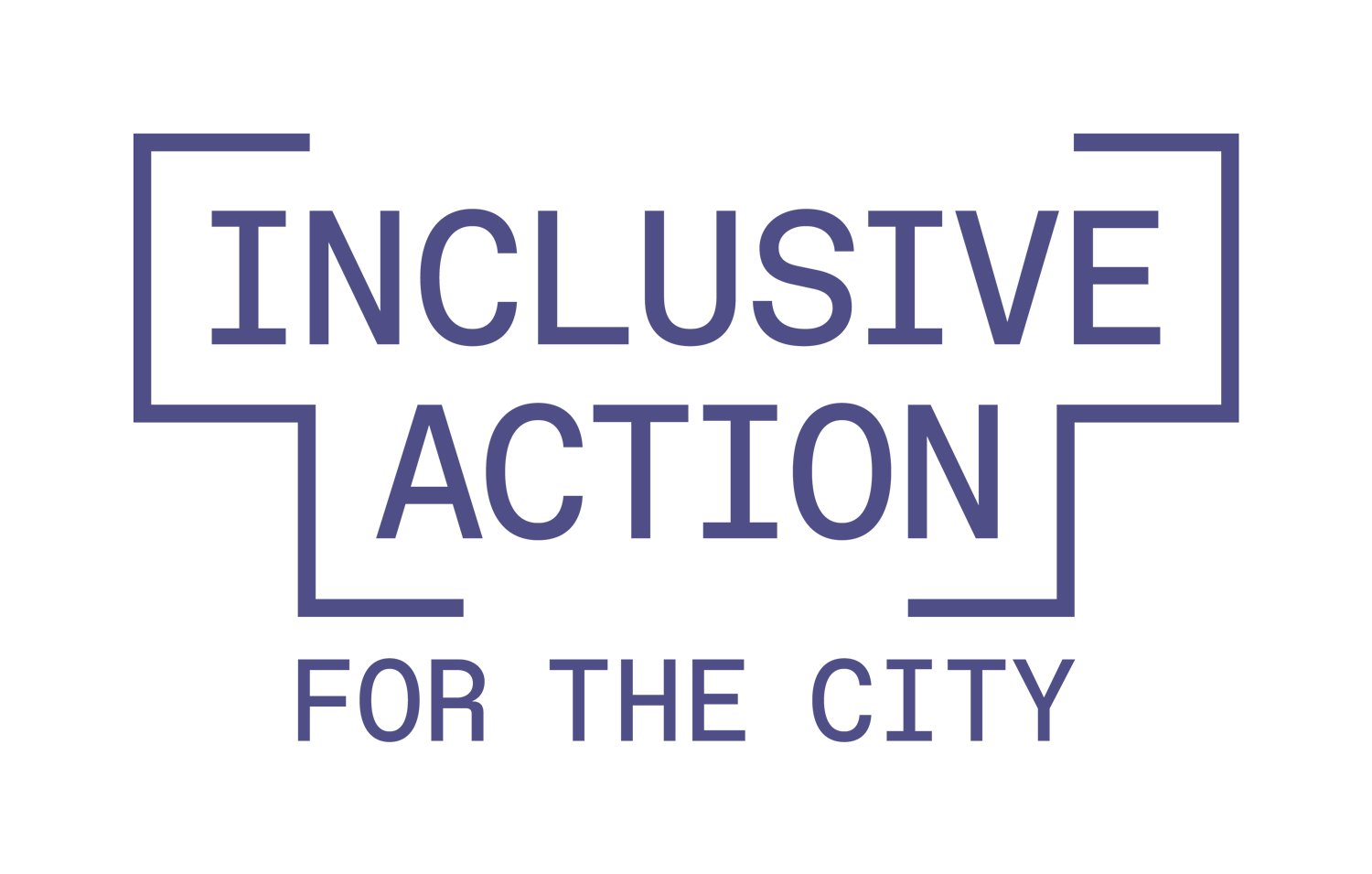Helping thousands of outdoor workers impacted by the LA wildfires
by Rudy Espinoza, Chief Executive Officer
As we prepared to welcome the new year, we could have never imagined what 2025 would bring and the unprecedented climate disaster that would occur. Fires spread throughout urban areas that held generations of history and hard work.
Just 24 hours into the emergency, our team knew we couldn’t just sit on the sidelines – it was clear that we had to act and move quickly. Within hours, we launched our Open Air Worker Emergency Fund to provide cash assistance to vulnerable workers – like street vendors, recyclers, and landscapers who work outside full-time – that were impacted by the fires. We focused on these workers, who our organization has a long history of supporting and advocating alongside, who are often informal workers, are self-employed, and rely on their daily work to sustain themselves. They are often ineligible or have barriers to accessing social safety net programs.
The fires ravaged homes and businesses, and the economic toll spread far beyond the burn areas; an estimated $1.9-3.7 billion was lost in labor income due to the fires. The terrible air quality and falling ash put street vendors in danger, destroyed their merchandise, and lost them customers. Landscapers lost clients and equipment. Many open-air workers were left without income, struggling to meet their basic needs.
To respond to the crisis, we drew on our experience running relief programs for workers during the COVID-19 pandemic to rapidly establish the infrastructure to deliver $500 cash cards to impacted workers. We launched a fundraising campaign – calling on the public and institutional donors to join us – and secured more than $2.5 million to go directly to help outdoor workers.
Now, as we bring this program to a close, we're so proud that we've been able to serve 5,115 workers who work outside and were directly impacted by the economic devastation of the fires.
As we wrap up this program, I’m reflecting on the tremendous work our team has done to get this money out to the community members who need it. We’ve hosted numerous distribution events to give out cash assistance to thousands of outdoor workers. We’ve brought in City and County partners when possible to help workers apply for resources, look for jobs, and connect to other assistance. Through this work, we’re deepening our connection to the community and learning more about what community members need.
As we met workers at our distribution events, it is clear that this $500 cash card is critical to their ability to make ends meet. 40% of the funds have been used to purchase food and gas, and pay for utilities – helping meet recipients’ most basic needs in the aftermath of the crisis. This program has served a vulnerable population – we’ve collected survey data from some of our recipients and found that 76% of respondents noted making less than the $44,000 per capita annual income in LA County. 41% of the workers surveyed also noted having had experience of food insecurity, and 35% reported experiencing housing insecurity or houselessness in the past three months.
While this resource has been a tremendous help, we know that is not enough and our communities need more than just a one time emergency cash assistance program following a disaster. That’s why Inclusive Action has worked tirelessly to advance policies and systems that improve the economic opportunity for the workers we serve. Our cash assistance program has shown how crucial temporary financial support is. But with the high rates of food and housing insecurity combined with the low income levels among our workers, highlight the need for a more sustainable and long term solution such as a guaranteed income program. We are proud to support LA City’s motion to create a guaranteed basic income program and/or emergency cash assistance program for workers experiencing job loss caused by the January fires, using our expertise, lessons learned and findings from our fire fire relief fund. This initiative is particularly crucial as many workers who provide essential work have lost their livelihoods – their primary source of income and their ability to support their families. This loss is even more devastating because these workers already face economic and systemic barriers, leaving them unable to recover and rebuild.
At Inclusive Action, we combine direct service and systems change advocacy for a bigger overall impact. We’re so grateful for all the funders and donors who contributed to this fund. We’d also like to thank our partners and organizations who worked with us to reach impacted workers, including ACCE, CARACEN, Centro Cultural Techantit District 1, CHIRLA, CIELO, CLEAN Car Wash, Community Power Collective, and NDLON. Thank you to all our supporters and volunteers for supporting outdoor workers and helping us distribute thousands of cash cards to those in need. We’re so proud to be of service and we will continue to advocate for the resources and policies our communities need for an equitable recovery and an inclusive economy.
Although this new year didn’t start as planned, we saw how the power and urgency of the community can provide hope. Support from neighbors, partners, friends, and families can change someone’s life when their world has turned upside down. Now more than ever, we need community and we need each other.

